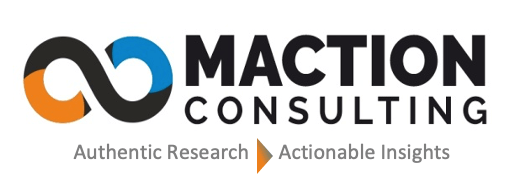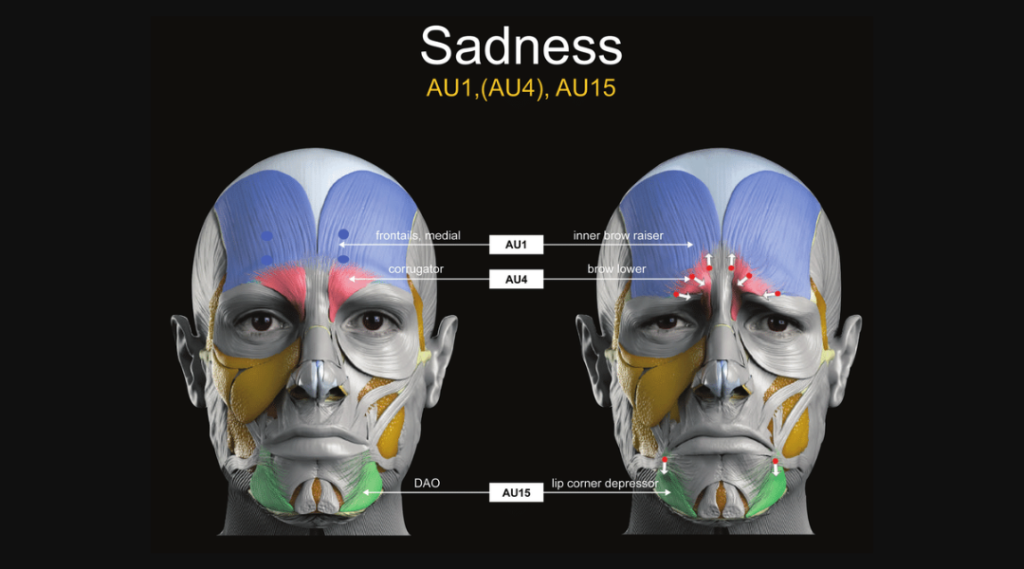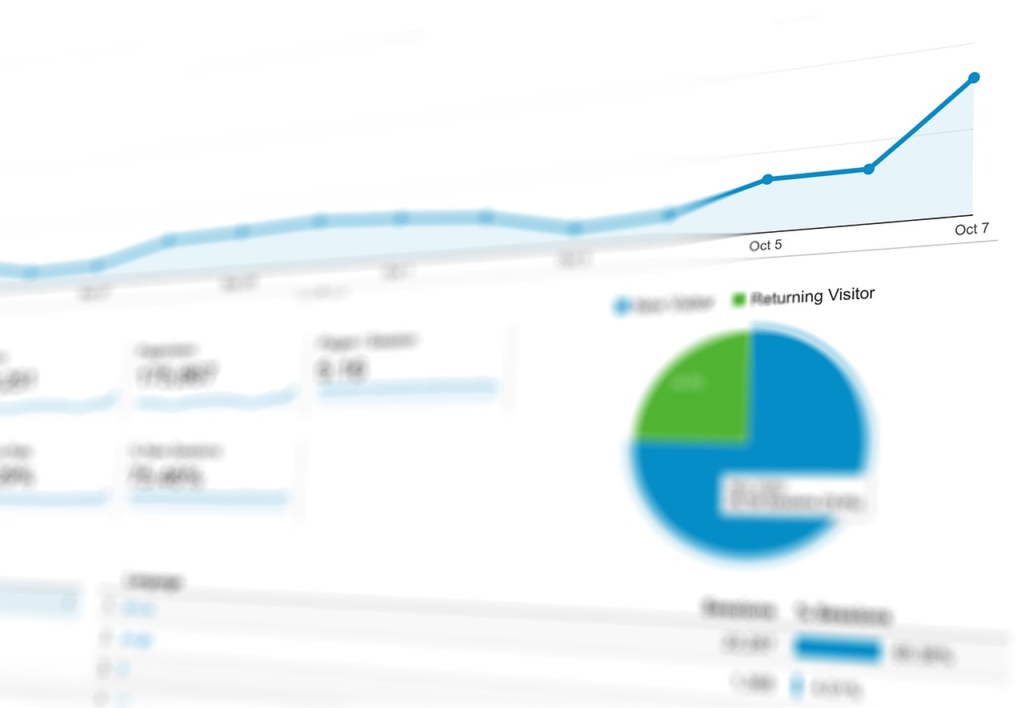Introduction
Market research is undergoing a transformation from traditional methods to advanced technologies such as social media, improved data collection software, and advanced analytics. This shift is changing how modern marketing operates, moving away from solely identifying groups for discussion and towards engaging respondents through wearable technology and video streaming. This change has resulted in a faster pace of data collection.
Mobility is arguably the most important when it comes to the various technologies that are improving the speed and efficacy of the market research agency. It allows for quicker, more efficient access to target consumers. Other key technologies driving this transformation include cloud computing, analytics, and social media.
This shift is largely due to the fact that the vast majority of people now have constant access to mobile devices, which means that market research can connect with and gather information from nearly anyone at any time.
Now, let’s examine some of the main drivers of change in the market research industry.
Six technological interventions that have affected traditional market research
1. Automation
The use of automation has greatly benefited people who seek insights by significantly reducing the time it takes to conduct a survey and obtain useful consumer feedback. With automated market research, tasks that previously took several weeks can now be accomplished in just a few hours. Additionally, automation has made the market research process more efficient by enabling market survey research to be repeated more easily. For instance, brands can quickly obtain feedback on new ideas or test their creative work by filling in some basic details in a pre-designed online market surveyrather than having to create a new survey each time.
2. Artificial Intelligence
Another technological advancement is the ability to process large amounts of unstructured data at scale. Consumers are creating massive amounts of data through social media posts, online reviews, and other digital content, which provides valuable information formarket research agency. With the help of AI-powered market research tools, analysts can quickly analyze complex datasets, identify consumer trends, and gain new insights into their behavior. AI and machine learning can be utilized for traditional market research tasks, such as ad testing, to compare new ads to a database of previous successful ads. In 2021, the market for artificial Intelligence was worth USD 58.15 billion. According to predictions, the market will grow at a Compound Annual Growth Rate (CAGR) of 31.45% during the forecasting period from 2022 to 2027 and is projected to reach USD 271.48 billion by the end of 2027.
3. Consumer Neuroscience
An increasingly popular approach to online market research involves using neuroscience to better understand how consumers emotionally respond. Facial coding is an essential technique within the field of neuroscience.
By analyzing facial expressions and eye movements, facial coding technology can help marketers observe how people react to their ads and accurately predict overall sentiment. The benefit of this method is that it addresses implicit biases that may be present in self-reported measures of emotional response.
4. Simulated Environment
Technology has improved market research in several ways, including the use of simulated environments. For instance, when testing product packaging, simulated store shelves can be used to provide insights into how consumers would perceive the product. Using a virtual shelf reduces the cost of testing compared to a mock physical shelf. Even in a simulated environment, it is still possible to determine which packaging designs would attract consumers’ attention on the shelf.
Another example of the use of simulated environments in market research is in testing automobile designs. By creating a virtual environment, designers can evaluate how their vehicles would perform in different conditions, such as in a city or on a highway. This allows them to make improvements without building and testing physical prototypes, which can be expensive and time-consuming. The use of simulated environments provides a more cost-effective and efficient way to test products, enabling companies to make better-informed decisions.
5. Advanced Analytics
The process of analyzing data is just as essential as the act of gathering it. Nowadays, with a wider range of methods for gathering data, it’s imperative for organizations to have systematic means of analyzing it. With advancements in technology, analyzing data has become much faster and simpler. This enables organizations to enhance their relationships with customers and keep communication flowing through advanced analytics, ultimately leading to greater customer retention. Companies, on their end, create internal systems to make sense of large quantities of data, allowing them to generate meaningful reports.
6. Social Media
Social media has drastically changed how people communicate and interact globally, extending to businesses and their communication strategies. Market research, in particular, has been greatly impacted by social media. Platforms such as LinkedIn, Twitter and Facebook have revolutionized the industry by providing a means to gather vast amounts of data. Social media has become an incredibly engaging platform for users, and it has evolved into a transparent and authentic source of data.
The use of social media has allowed market research to expand its scope and gather information in ways that were previously not possible. With the help of social media, market researchers can now access large volumes of valuable data that can help brands and companies understand their customer’s preferences and behaviors better. Additionally, social media provides a platform for users to share their opinions and feedback on products and services.
It is worth noting that this expansion of market research using social media does not compromise user privacy or confidentiality requirements. Data is collected while adhering to privacy laws, ensuring that user data is handled responsibly. Overall, social media has transformed market research and created new opportunities for businesses to gain insights into their customers’ needs and preferences.
Conclusion
Technology has become a crucial part of our lives, and it has revolutionized all industries, including market research. Thanks to technology, our daily operations have become more efficient and streamlined. Market research is no exception. It has adapted to technology by implementing various applications that simplify the process of data collection, analysis, and presentation.
However, marketing industry experts believe this is just the beginning, and the future of market research will be even more impacted by technology. The growing use of technology will enable more significant changes and advancements in the field of market research, making it more accurate and detailed than ever before. It will shrink the world further into a microcosm, allowing businesses to reach their target audience with even greater precision. Maction Consulting can help you with the same.







